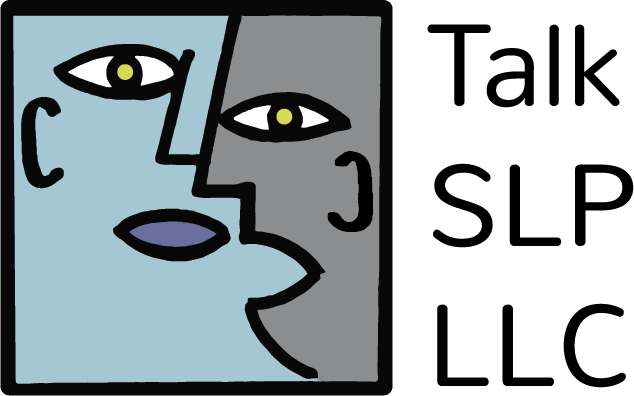Accent Modification
Do you speak with an accent? Of course you do! According to the American Speech-Language-Hearing Association, an accent is a unique way of pronouncing speech that is common to a group of people speaking the same language.
- Regional accents are often associated with a particular part of the country; for example, a southern twang or a New York accent.
- Foreign accents reflect a speaker’s native language – so, a person raised speaking Spanish will pronounce English differently than someone who grew up speaking English.
The various and diverse accents we hear add to cultural richness and are a source of identity and pride for many people. An accent is not considered a speech or language disorder. However, a strong accent can make communication more difficult for some people. When an accent impedes communication, it can result in a loss of confidence in social situations, frustration, and the danger of being misunderstood.
A speech trainer or speech-language coach trained in American English skill building programs for accent modification or accent management can help with all of these factors by teaching you to:
- decrease faulty word formation;
- build a focus on stress, intonation, and rhythm, (sometimes called “speech melody”);
- reduce inappropriate voice projection (English requires less muscular force than many other languages); and
- avoid creating distorted or incorrect sounds while speaking.
“The goal of accent modification is not to take away a person’s accent, but to help them refine it into a new, clearer one.”
Laura Smith, speech-language pathologist and certified orofacial myologist, has personal experience with cultural language challenges experienced during her years of travel. As a communications coach, she has been successful in helping individuals improve their communication skills and remove barriers to being understood. Through her American English skill building program, you will receive support, practice, and feedback; and you will gain an increased ability to contribute in their professional and social roles and feel closer and more connected to the people they live, work, and play with. Customer service, teamwork, collaboration, and achieving goals are all enhanced by improved communication!
Goals of accent modification therapy:
- Maintain the uniqueness of your regional or foreign accent while improving your ability to express yourself.
- Learn skills to improve voice quality, projection, pronunciation, and style.
- Increase your speaking confidence and reduce reliance on written communication.
- Develop fluency in speaking English and in making presentations to enhance job performance.
- Reduce having to repeat yourself due to being misunderstood by others.
Many people who will benefit from accent modification may also be concerned about their communication abilities in the workplace. If you feel that you are “invisible” at work or are going unheard heard in meetings, or if you worry about your job performance and advancement because of an inability to speak up, business communication coaching can help you find your “inner voice” and take you to the next level, professionally.
With work, practice, and the help of a qualified speech-language pathologist, such as Laura Smith, you can.
“Laura, last week I got a promotion as a project manager in my company. I just wanted to share with you this good news and say thank you so much for your great and professional work to help me to improve my communication skills. Your great methodology and dedicated labor with my accent modification increased not only my communication skills but also my confidence. These factors allowed me to get this important promotion in my professional life. Now, I'll be working in the area of my interest. Thanks again for your huge help to improve my communication skills "
Help is available!
Laura Smith, licensed speech-language pathologist and certified orofacial myologist, is specially trained to assist children and adults in overcoming their communication challenges. Her holistic approach takes into account the person as well as the problem.
Telepractice appointments are available, where clients can receive consultation and therapy services using online tools. In-person appointments upon request.
Contact us for more information or to make an appointment.
